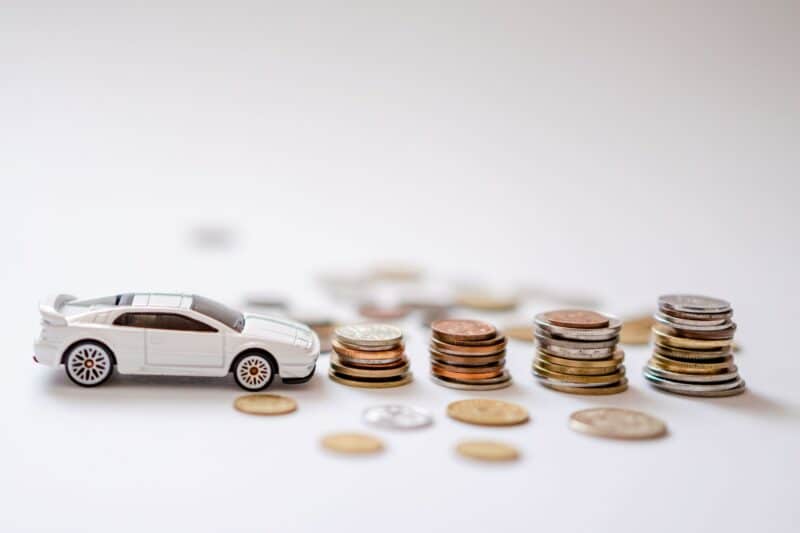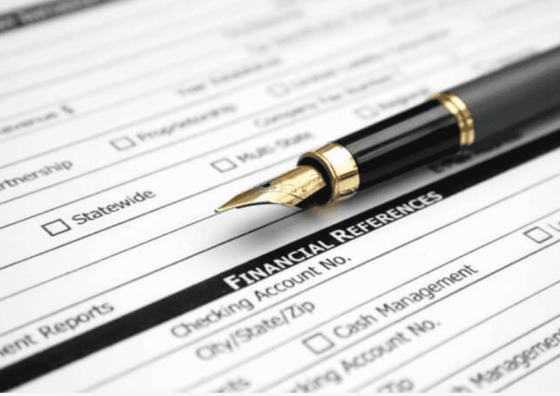How much should I save for a car? $20,000, $30,000, $40,000? The answer will depend on many factors, though mostly, you should put aside up to 15% of your income for a monthly car payment.
Factors such as the type of car you want and how much you can afford to spend each month on car payments come into play too. If you’re looking for a brand-new BMW, you will need to save up a lot more than if you’re looking for a used Ford.
With that in mind, here are a few guidelines to help you figure out how much to put on the side for a new ride and practical ways to do it.
Before You Start the Engine
When it comes to investing in a car, the first thing you need to do is decide what type of vehicle is right for you and your budget. In other words, future car buyers should consider the following factors:
- Type — Are you looking for a sedan, SUV, minivan, or something else? The price of the vehicle depends on the type of car you want. For example, an SUV will generally cost more than a sedan.
- Year — How old do you want your car to be? A brand-new car will cost more than a used car, but a used car may not last as long. New vehicles cost an average of $47,077, whereas the average price for used cars stands at $33,341.
- Model — The next thing you need to consider when budgeting for a car is the model. You may have your heart set on a Lambo, but you should also know that the cheapest Lamborghinis start at around $200,000. So, be realistic.
- Mileage — Used cars with more mileage are often cheaper.
- Features — Do you want a sunroof? Navigation system? Heated seats? Consider what features are essential to you and factor that into the price.
How to Save Money for Your First Car?
Now that you know what kind of car you want, it’s time to start saving. Here are a few tips to help you get the car of your dreams.
Calculate Your Income and Expenses
The first thing to do when saving money is to keep a record of how much you have coming in and going out each month. That’s what even the owners of the most luxurious cars do. Track your income and expenses for at least a month, so you have a clear picture of where your money is going.
This will help you figure out how much you can afford to save each month.
Generally, the percentage of income for a car payment should not exceed 15%. So, if your monthly income is $5,000, you should not spend more than $750 on a car payment. That said, you may be able to afford a higher car payment if you have a large emergency fund.
Figure Out Your Down Payment
The down payment is the lump sum of cash you pay upfront for your car. How much should you aim to put down? The minimum down payment for a car that’s been used should amount to 10%. If you’re buying a new car, your down payment should be 20%.
For example, if a car costs $50,000, your 20% down payment would be $10,000.
If you’re not sure how much of a down payment you can afford, start by looking at your budget. How much money do you have left each month after paying for essentials like housing, food, and utilities?
Once you know how much disposable income you have each month, you can start saving to buy a car.
Save Up for Other Costs
In addition to the down payment, you’ll also need to factor in other costs like registration and insurance.
The cost of car insurance will vary depending on the type of car you have, your age, where you live, and other factors. To get an idea of how much car insurance will cost you, contact your state’s DMV. The average cost of car insurance in the US is $1,730 per year.
Another thing to remember when making a car savings plan is the registration fees. The cost to register a motor vehicle under your name varies by state. Some states charge a flat fee, while others calculate the fee based on the car’s value, weight, or age.
Get a Part-Time Job
Working a part-time job is an excellent way to save money fast. You’ll be able to pad your savings and reach your financial goals much sooner than you would otherwise, especially if these jobs pay weekly.
You can also look for ways to make extra money without working. For example, you can cash in your credit card points, sell unused internet, or pawn something.
Save Automatically
If you want to save money for a car with no fuss, set up an automatic savings plan. With an automatic savings plan, you can have a certain amount of money transferred from your checking account to your savings account each month.
This is a great way to ensure that you’re saving regularly without having to think about it.
Sell Your Old Car
Selling your old wheels may be one of the best ways to save for a car that’s brand new. To get the best price, you should compare what various dealers are willing to pay for your car.
However, make sure your car doesn’t have negative equity. This means that your car is worth less than what you owe on it.
Consider Financing Options
If you can’t afford to pay for your car in cash, you may need to finance it. Auto loans are a popular financing option for car buyers. With an auto loan, you borrow money from a lender and make monthly payments until the loan is paid off.
On average, the APR for a new car loan is 4.33%, while used cars have an APR of 8.62%.
Get Rid of Unnecessary Expenses
How to save for a car quickly and efficiently? Cut back on your spending so you have more cash to put towards a car. For example, if you’re eating out a lot, try cooking at home more often. If you have a gym membership that you never use, consider canceling it.
By eliminating unnecessary expenses, you’ll be able to save money more quickly and reach your goal of buying a car sooner.
Conclusion
When saving money for a car, the goal is to get a nice set of wheels breaking the bank. To do this, you shouldn’t spend more than 15% of your income. You should also save up for other costs like registration and insurance.
Finally, consider financing options and get rid of unnecessary expenses. By following these tips, you’ll be on your way to buying the car of your dreams.
FAQs
How much should I save for a used car?
If you’re buying a used car, your down payment should be 10% of the car’s value. Used cars cost an average of $33,341, so your monthly down payment would be roughly $3,330.
How to budget for a new car?
If you’re buying a new car, you should budget for the down payment. The average cost of a new car is $47,077. A typical down payment is 20% of the car’s total price, or $9,400. You should also budget for things like registration and insurance.
The cost of car insurance varies depending on your state, but it’s typically around $1,730 per year.
How to raise money for a car?
There are a few options for financing your car. You can work part-time, earn a side income, or sell your old vehicle to raise money. You may also establish an automatic savings plan to ensure that you save regularly.
If you can’t afford the full price of the vehicle, you may opt for a car loan instead.
How much should I have saved before buying a car?
Generally, you shouldn’t spend more than 15% of your income on a car. For example, if you’re earning $60,000 per year or $5,000 per month, you should have saved up $750.
You should also have some extra cash saved up for other car-related costs. For example, drivers spend an average of $144 per month on car insurance and $150–$200 on gas.
So, how much should I save for a car? In this case, you should have roughly $1,100 saved up before buying a vehicle.






